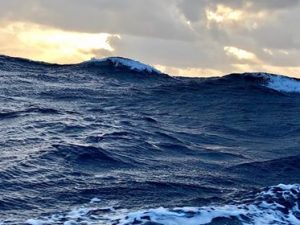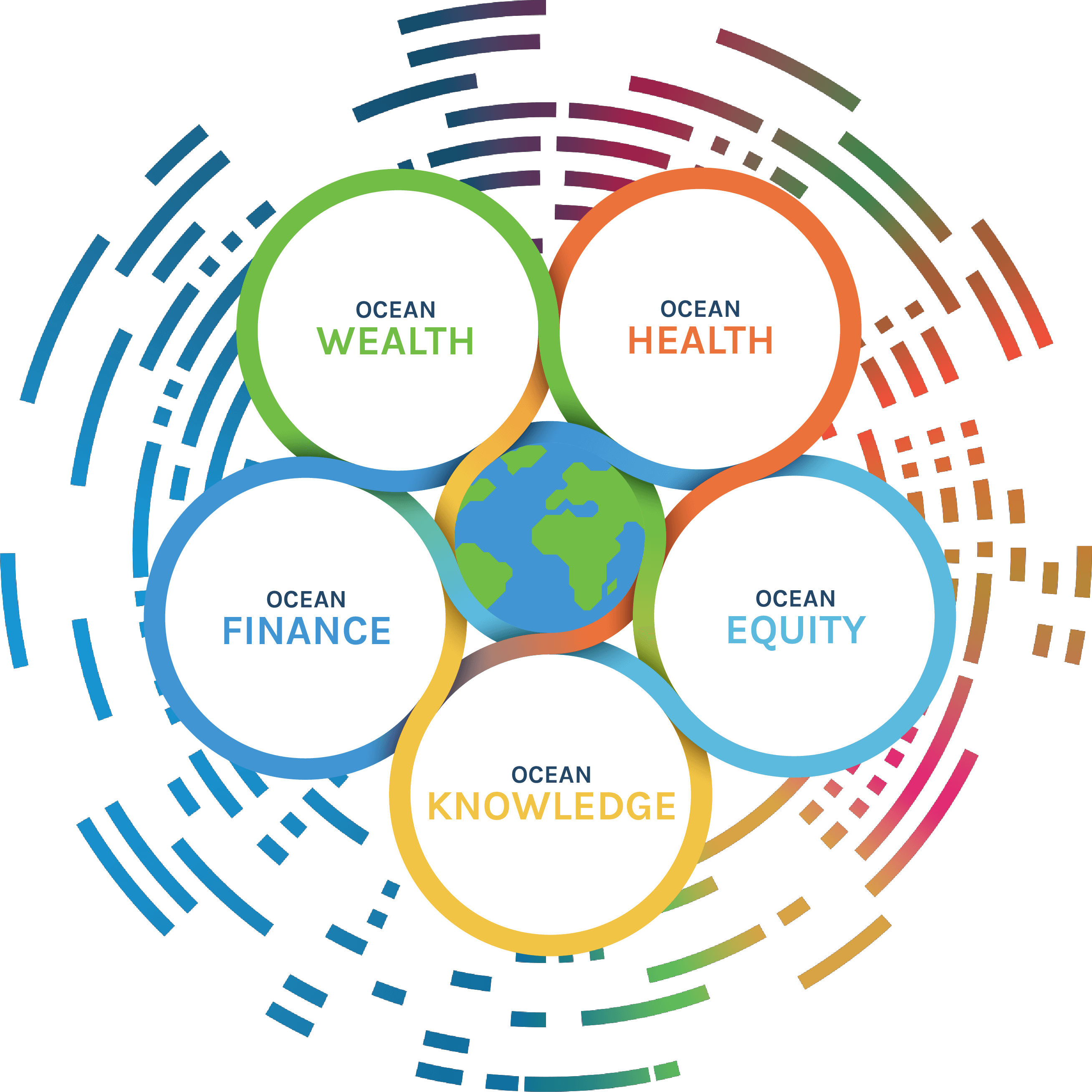LONDON —The High-Level Panel on Building a Sustainable Ocean Economy (the Ocean Panel) today presented a new maritime agenda, coupled with bold commitments and new studies. The leaders of Australia, Canada, Chile, Fiji, Ghana, Indonesia, Jamaica, Japan, Kenya, Mexico, Namibia, Portugal and those of Norway and Palau, Panel Co-Chairs, today released Transformations for a Sustainable Ocean Economy: A Vision for Protection, Production and Prosperity, committing to sustainably manage the entire maritime area under their national jurisdiction by 2025, in accordance with sustainable ocean plans.
Countries will take a holistic approach to ocean management, combining the protection, production and prosperity of nearly 30 million km2 of national waters, an area the size of Africa. The Panel also urged the leaders of coastal and oceanic states around the world to commit to the 100% goal so that all Exclusive Economic Zones (EEZs) are managed in a sustainable manner by 2030.
Today’s new ocean action program, if carried out, could help produce up to 6 times more food from the ocean, generate 40 times more renewable energy, take out millions of people out of poverty and contribute one fifth of the greenhouse gas (GHG) emission reductions needed to keep global warming below 1.5 ° C.
“For too long, we have perceived a false choice between ocean protection and production. No longer. We understand the opportunities of action and the risks of inaction, and we know the solutions. Building a sustainable ocean economy is one of the greatest opportunities of our time,” commented Erna Solberg, prime minister of Norway and Ocean Panel co-chair.
The recommendations carried by the Ocean Panel focus on five critical areas: ocean wealth, ocean health, ocean equity, ocean knowledge and ocean finance.
 A healthy ocean is essential for everyone. More than three billion people rely on food from the ocean every day. The ocean covers 70% of the planet and contributes to the transport of at least 90% of goods. A healthy ocean contributes $ 1.5 trillion annually to the global economy and millions of jobs in fisheries, tourism, transportation and more. The ocean provides food, energy and medicine. The ocean is a source of leisure, discovery, identity and culture for billions of people. The ocean also stabilizes the climate by absorbing about a quarter of CO2 emissions and producing half of the oxygen in the world. To protect and reap the benefits of this vital resource, the world must shift to a sustainable ocean economy.
A healthy ocean is essential for everyone. More than three billion people rely on food from the ocean every day. The ocean covers 70% of the planet and contributes to the transport of at least 90% of goods. A healthy ocean contributes $ 1.5 trillion annually to the global economy and millions of jobs in fisheries, tourism, transportation and more. The ocean provides food, energy and medicine. The ocean is a source of leisure, discovery, identity and culture for billions of people. The ocean also stabilizes the climate by absorbing about a quarter of CO2 emissions and producing half of the oxygen in the world. To protect and reap the benefits of this vital resource, the world must shift to a sustainable ocean economy.
Efforts are already underway to accelerate, evolve and fund the new ocean action agenda. This includes multi-stakeholder coalitions focused on ocean renewables, maritime accountability, maritime decarbonization, tourism and blue food.
The Ocean Renewable Energy Action Coalition (OREAC), the first public coalition, today released the Power of Our Ocean report to support governments around the world in the development of ocean-based renewable energy.
Significantly, the Panel collaborated with an advisory network of more than 135 private sector, NGO and intergovernmental organizations in 35 countries to advance action through their own institutions and networks. The Panel’s work is also supported by a Secretariat based at the World Resources Institute, an Expert Panel made up of more than 70 leading scientists and experts from 26 countries, and the Special Envoy for Oceans of the Secretary General of the United Nations.
From tomorrow, December 3, Panel countries will host a series of national launch events to build global political will around their commitments. From Fiji to Mexico, countries will share their specific plans, discuss priority actions, and explore what Give It 100% means for their countries, their people and the planet. Professor Lubchenco will also open the UNFCCC Ocean Climate Dialogues on the same day.
Canadian Prime Minister Justin Trudeau commented on behalf of member state Canada: “From the Atlantic, to the Pacific, to the Arctic, oceans are at the heart of many Canadian communities. Having the world’s longest coastline, Canada recognizes that our economy and our well-being are deeply connected with the health of our oceans, and that we have a responsibility to protect them.
“That is why we are committed to working with our international Ocean Panel leaders, and to developing a comprehensive blue economy strategy. We are also calling on more world leaders and other partners to join us in turning our goals into reality.”
“Australians have always had a deep connection to the ocean. It is an integral part of who we are: our culture, lives and livelihoods. Many of our important industries are ocean-based, including fishing, trade, tourism and recreation. Australia is investing in practical solutions to the challenges facing our oceans, to protect our precious marine and coastal ecosystems, such as the Great Barrier Reef,” commented Australian Prime Minister Scott Morrison.
Japanese Prime Minister Yoshihide Suga evoked his nation’s bid to rid the world of marine plastic litter.“As a token of our mission to tackle the issue of marine plastic litter, we seek to globally promote measures that follow the Osaka Blue Ocean Vision, which aims to reduce additional pollution by marine plastic litter to zero by 2050.” Photo: Pierre Terrien





